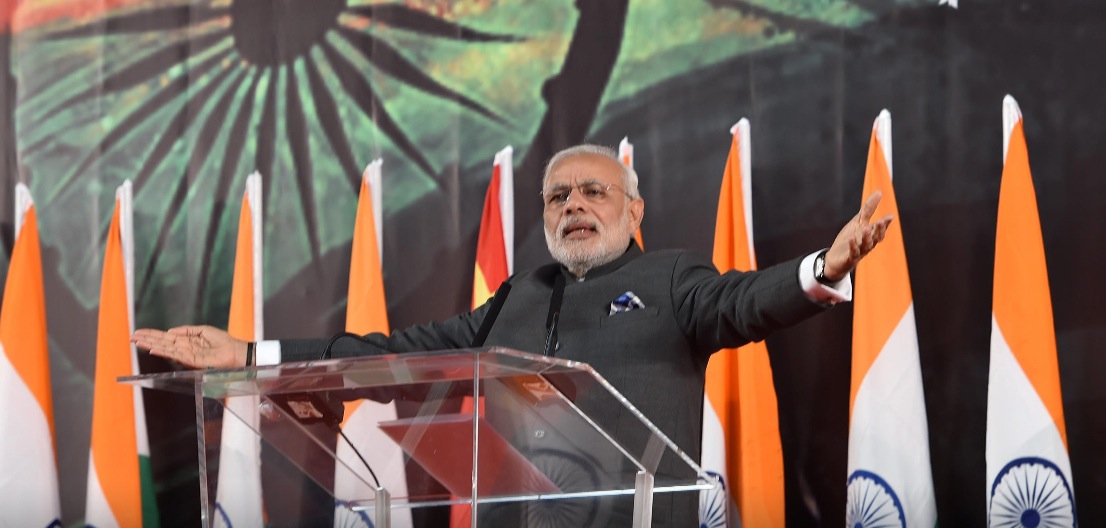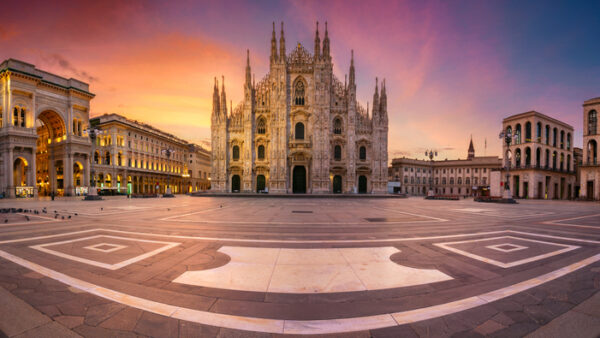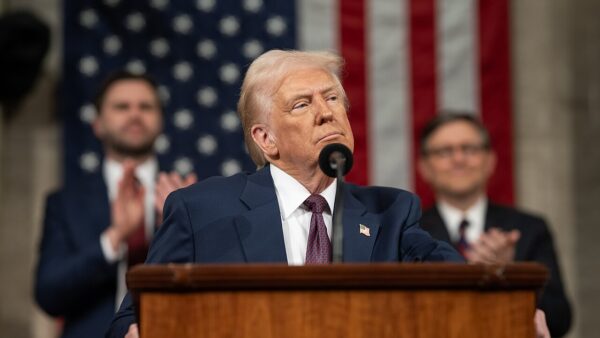Narendra Modi, the prime minister of India, has ended his three-country trip to east Asia in Seoul, South Korea, where he has been offered $10bn for infrastructure projects, including smart cities, power generation and railways.
Earlier, in China, Modi signed deals worth $22bn, making it a highly profitable tour.
We need your involvement. The scope and potential, the breadth and length of infrastructure and related developments is very huge in India– Narendra Modi, Indian Prime Minister
The Korean proposals were made during talks between Modi and Park Geun-hye, the president of South Korea. Modi arrived in Seoul from Mongolia after visiting President Xi Jinping in China.
As well as agreeing funding for infrastructure, the two countries committed themselves to forming a “special strategic partnership” on defence and foreign policy.
Modi said South Korea was a “crucial partner” in its economic modernisation.Â
“Our relationship started with a strong economic emphasis. But it has also now become strategic in content,” he added.
A key element of the modernisation will be installing advanced manufacturing industries in smart cities. These will help provide new technologies and jobs. Among the industries involved are IT, telecoms, life sciences, renewable energy and consultancy services.Â
Enter the dragon
India’s strategic relationship with Korea mirrors the one that already exists between it and Japan.Â
The two countries are both concerned by the increasing assertiveness of China and, in the case of India, China’s increasingly close relationships with Pakistan, Bangladesh, Nepal and Sri Lanka.
However, despite their fierce rivalry for influence in the region and a long-running border dispute, the two countries are working toward closer economic co-operation.Â
Modi signed deals worth $22bn during his visit to Beijing, complementing the $20bn of infrastructure investment agreed during Mr Xi’s visit to India last year.
On his latest visit, Modi told Indian and Chinese business executives in Shanghai: “We’re very keen to develop the sectors where China is strong. We need your involvement. The scope and potential, the breadth and length of infrastructure and related developments is very huge in India.”

The visionary: Modi makes it clear that, for their different reasons, India and China need each other (Images courtesy of www.narendramodi.in)
“Prime Minister Modi really has put emphasis on the lack of infrastructure internally,” Jabin Jacob, a fellow at the Institute of Chinese Studies in Delhi, told The New York Times. He added that Modi has shown an open attitude to China because “he is influenced by business lobbies and simple facts on the ground: that it is Chinese capacity that can deliver”.Â
Urban infrastructure bonanza
India sees China as the most likely supplier of the credit and materials it needs for large-scale nation-building.Â
China regards the immense projected growth of urban infrastructure in India as the best chance to relieve overcapacity in its own construction market, which is already saturated with investment capital.
Unlike China, where the pace of urbanisation has slowed in recent years, India’s towns and cities will double their population to more than 800 million by 2050.
It was this projection that underlay Modi election promise to construct 100 smart cities by 2022, a project that has been costed at about $1 trillion.
One key area is steel production: China presently produces about 300 million tonnes more than it can use, making the excess capacity three times greater than the annual output of Japan, the world’s second largest steel producer.
As India builds new roads, office blocks and cities, it will shoot to the top of the world’s 10 biggest steel users this year and next, according to the World Steel Association.Â
Gujarat, a smart-city state
Parallel to Modi’s trip to China, Anandiben Patel, the chief minister of Gujarat state, is conducting her own Chinese tour, and has signed a memorandum of understanding (MOU) with China Small and Medium Enterprise Investment (CSMEI) to build a smart city in Gujarat. The deal envisages a $3bn investment from China to create the state’s third smart city project.
Patel also signed MOUs with Sinofinn Group to develop biowaste energy schemes and Guangdong’s Richwood Group to invest in hospitality industry infrastructure at Gandhinagar, transport infrastructure in Surat and a logistics park at the port of Kandla.
Images courtesy of www.narendramodi.in










